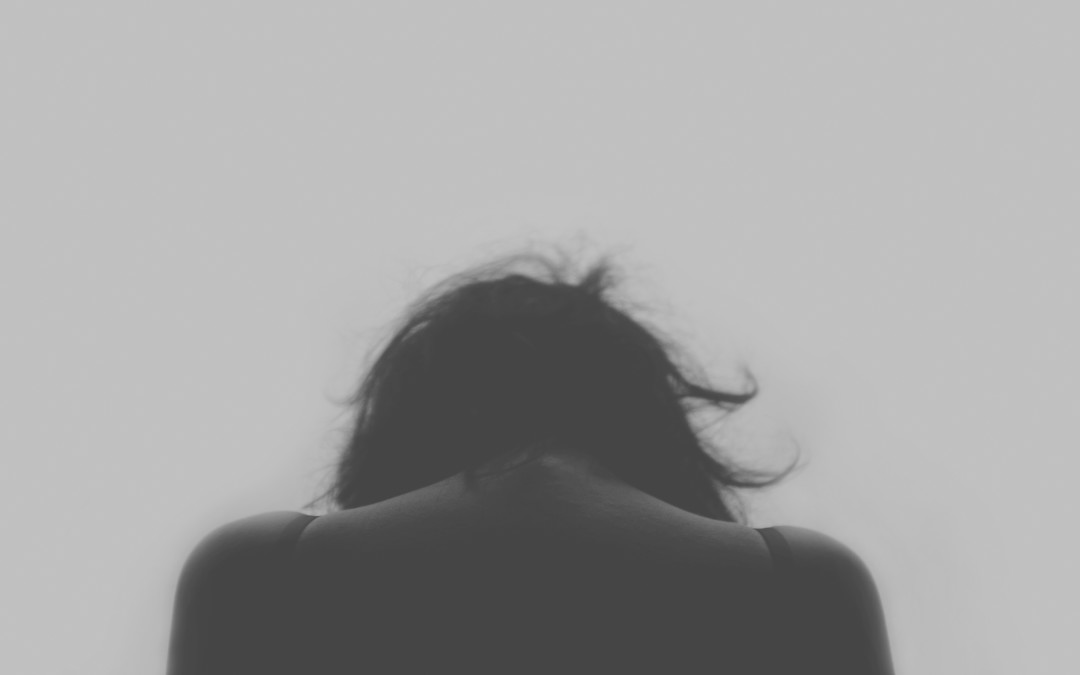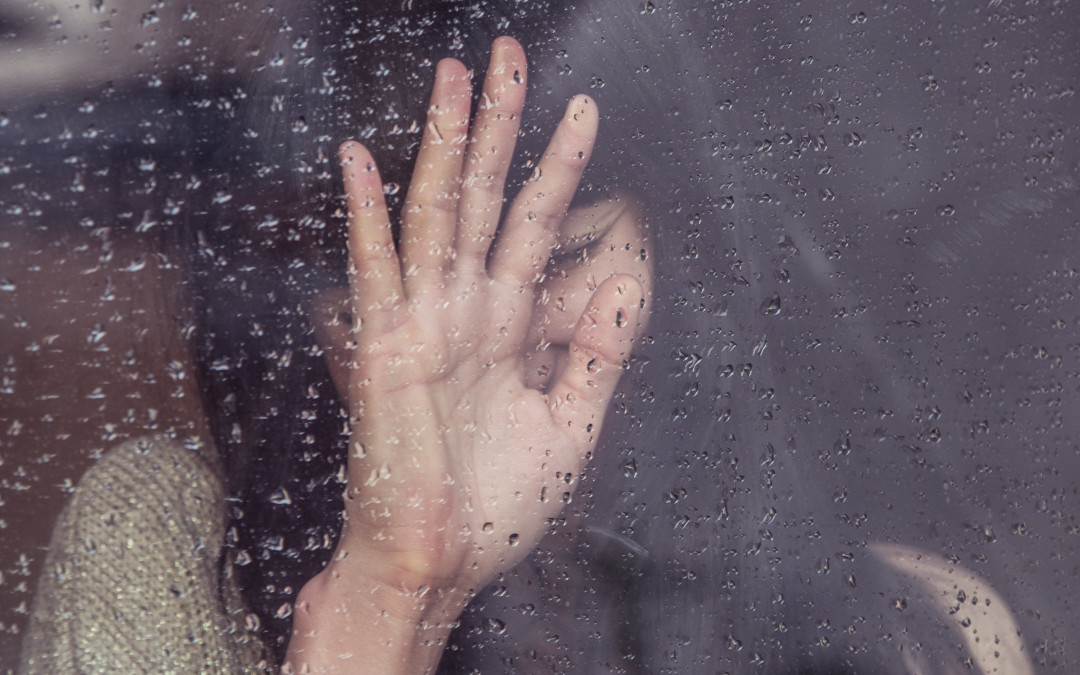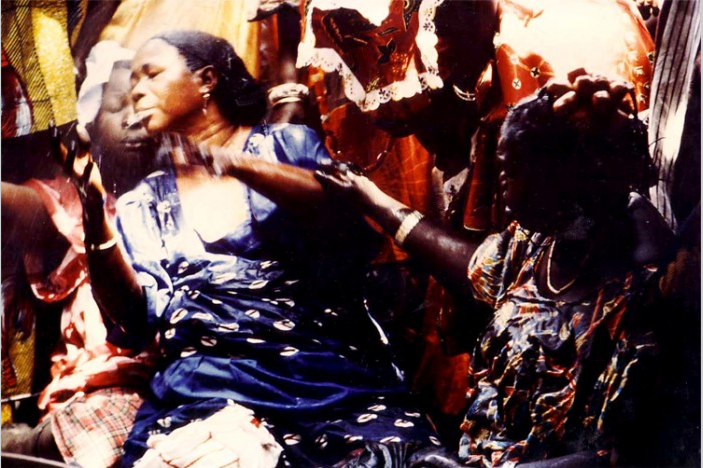
by Teray Garchitorena Kunishi, ND | Jun 18, 2015 | Exercise, Herbs, Irritability, Nutrition, PMS, Self-care, Supplements, Uncategorized |
Many of my patients suffer from fatigue, depression, anxiety, and irritability, which gets worse just before their monthly period. Conventional medicine typically treats premenstrual syndrome (PMS) in one of two ways: Birth control pills or antidepressants. But many women do not want to be on pills or medication. What’s the alternative? Here’s my perspective on PMS: It’s important to alleviate suffering as much as possible, without losing the wisdom that it can provide. Let’s start with wisdom by way of biology. In the earlier half of your cycle, your hormonal activity is designed to maximize your chances of being pregnant. Hormones flow abundantly, and testosterone is at a relative high. As a result, many women feel more energized, attractive, and aroused during this time. I like to think of this as a “hormonal buffer”, which allows you to tolerate things that bother you, in favor of the deeply ingrained biological imperative to make babies. In other words, if the paelolithic equivalent of dirty socks on the floor caused your cavewoman ancestor to have a meltdown while she was ovulating, you may not be here reading this today. Makes sense so far? Now let’s look at the second half of the cycle, where there is a possibility that a sperm and egg have now combined. It becomes biologically important for the female to become protective and wary of unwanted circumstances. The hormonal buffer is no longer running high. Things that you don’t like become painfully obvious, and you react – sometimes in a way that you regret. Here’s the important part: The things that bother you just before your period...

by Teray Garchitorena Kunishi, ND | Jun 7, 2015 | Anxiety, Enoughness, insecurity, Inspiration |
If you’re like me, you’ve experienced the fear of looking like a total idiot. It comes up when you’re about to stick your neck out for something you believe in. Or when you’re about to reveal a part of yourself for the first time. Or you’re about to launch a new project that you want badly to succeed. It can happen at a gathering where you don’t know many people, and everyone seems so much cooler and more sophisticated than you. This happened to me, years ago, at a beach party with some new friends. I was having a good time letting my hair down, cutting loose, and dancing, as they say, like no one was watching. Suddenly, I was overcome by a wave of self-consciousness. I was sure that I looked ridiculous, and that the people around me were laughing at me behind my back. Just as I was about to get sucked into a spiral of doubt and insecurity, I noticed something: Nobody was actually looking at me. And then I realized: Everyone’s too caught up in their own inner drama to pay that much attention to me. And I relaxed. I remind myself of that incident everytime my fear of looking dumb threatens to take me out. Why am I sharing this? Because I want you to stop obsessing over whether you’re keeping up, or acting cool enough. Stop stressing about whether you’re “good enough” according to someone else’s standard. Because A: they’re probably not paying that much attention. And B: It’s distracting you from the inner voice that is guiding you on your true path. In...

by Teray Garchitorena Kunishi, ND | May 8, 2015 | Community, Depression, Happiness, Shamanism, Support, Uncategorized |
Leave me alone to complete the business of my life, and know that I will never forget you. This is what author Andrew Solomon was instructed to say, to the spirits that had caused his depression. He did this as part of a Senegalese ritual known as ndeup, which is performed to cure mental illness. While the idea of evil spirits causing depression may seem superstitious to the western mind, there is a certain beauty to the way the Senegalese perceive mental illness, and most especially, it’s cure. Once an individual is understood to have been cursed, it becomes the role of the community to restore balance, and bring her back to herself . This point of view is fairly incompatible with traditional western psychology. Solomon recounts the words of a Rwandan he met on his travels: “We had a lot of trouble with western mental health workers who came here immediately after the genocide and we had to ask some of them to leave… Their practice did not involve being outside in the sun … which is, after all, where you begin to feel better. There was no music or drumming to get your blood flowing again when you’re depressed, and you’re low, and you need to have your blood flowing. There was no sense that everyone had taken the day off so that the entire community could come together to try to lift you up and bring you back to joy. There was no acknowledgment that the depression is something invasive and external that could actually be cast out of you again. Instead, they would take people one...

by Teray Garchitorena Kunishi, ND | Apr 27, 2015 | Anxiety, Depression, gender, Happiness, identity, Satisfaction |
Last week, Bruce Jenner, once hailed as the greatest athlete in the world, an all American hero, and father to the most famous reality TV stars, admitted to Diane Sawyer that he is “for all intents and purposes, a woman.” In so doing, he brought the word “transgender” into the national conversation like never before. But what struck me most were not the fascinating revelations about his sexuality and gender. Despite the sensational topic, the most important thing about Bruce Jenner’s confession is that it represents an essentially human struggle: Keeping who you truly are a secret, for fear of being shamed, rejected, or worse. Jenner pointed out the symbolism of his Olympic track and field triumphs: “I was literally running away from all this stuff.” While the world saw the face of success and victory, he saw confusion, and the trap of public identity. He kept his true gender a secret, because he didn’t want to disappoint people who expected him to be someone else. He experienced depression, and at one point, considered suicide. Because it seemed so much easier than facing the truth. Here’s the beautiful part about his journey – he finally realized that he needed to come forward with who he truly was. “I would be so mad at myself if I didn’t explore that side of me…I want to know how this story ends.” Knowing who you truly are and being honest about it, despite the fear of rejection: this is one of the deepest yearnings of your heart. Your soul demands it – at first quietly, and then, if you ignore it, more urgently. Often it comes in the form of dissatisfaction, anxiety or sorrow…an insistent voice that says “This isn’t it. This isn’t you.”...
by Teray Garchitorena Kunishi, ND | Apr 18, 2015 | Depression, Medication, Supplements, Uncategorized |
There’s a dangerous standard in mainstream medicine. One that treats illness like an external enemy to be eradicated at all costs, instead of an internally generated signal regarding important inner workings gone awry. Nowhere is this trend more disturbing than in psychiatry. In a commendable effort to remove the stigma from depression, there is a move to frame depression as a disease. According to the disease framework, depression has nothing to do with the individual, and how they live their life. Depression is given the role of a villain, and the patient the victim. The hero, of course, is the prescribed medication and treatment. But the worst part about the disease framework for depression is that it implies that only happy states are good and healthy. I disagree wholeheartedly. For me, depression was a painful, terrifying, yet crucial experience that ultimately led to understanding myself better than I ever had. Without going through depression, I would not be as clear about my purpose and as committed to living my truth. The key phrase here is “going through.” Not “getting rid of” or “treating” or even “curing.” It was only by surrendering to the process that I got the lesson I had already paid for in the form of pain and suffering. If I had taken an antidepressant and it helped me feel less terrible, I’m not sure that I would have experienced the transformation that I did. It was the agony, and the belief that I had something to learn from it, that pushed me to go deeper. But our culture is obsessed with painlessness. You see this in...




